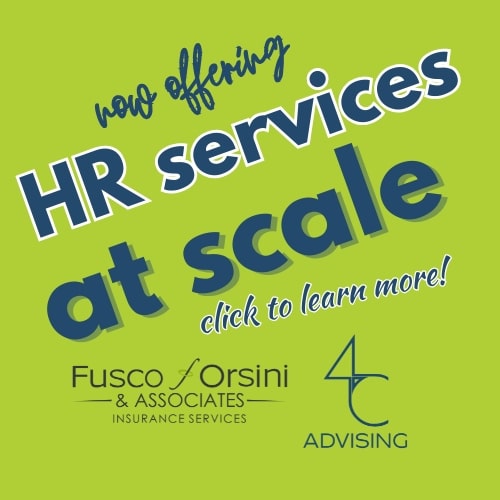


If you own a business, understanding business property insurance vs. business liability insurance is essential to ensure complete protection for your company and its assets.
Both business property insurance and business liability insurance play critical roles in safeguarding your business, but they cover different types of risks. Do you know the key differences?
Business property insurance protects against loss or damage to tangible property, such as a building or its contents. It typically covers damage caused by fire, theft, and natural disasters. This type of insurance ensures that your physical assets remain protected in unexpected events.
Business liability insurance protects against financial loss from legal claims against the policyholder. This coverage typically includes costs associated with legal defense, damages, and lawsuit settlements.
In summary, business property insurance protects the physical assets of a business, while business liability insurance provides financial protection from legal claims. Both are essential, but they serve distinct purposes.
📺 Watch this video to learn more: YouTube Link
A fundamental part of business property insurance, this policy covers damage to commercial buildings and their contents due to fires, theft, or vandalism.
Also known as business interruption insurance, this coverage protects your income if you halt operations due to property damage from a covered event.
For example, during the 2018 California wildfires, many businesses relied on their property insurance to compensate for lost income while shutting down.
When considering business property insurance, here are additional coverage types to consider:
CGL is a foundational business liability insurance policy that protects against bodily injury or property damage claims.
💡 Example: A painting contractor’s employee left a paint rag in a garage, which spontaneously combusted and caused $500,000 in damage. Their CGL insurance covered the damages.
This type of business liability insurance helps protect companies against financial loss due to defective products that cause harm.
Also known as errors and omissions (E&O) insurance, this coverage is crucial for professionals like accountants, attorneys, and real estate agents. Unlike general liability insurance, which covers physical damages, professional liability covers financial and economic losses from professional mistakes.
💡 Example: A financial advisor failed to execute a trade on time, resulting in client losses. Their professional liability insurance covered the claim.
Management liability is a specialized business liability insurance that protects business leaders from governance-related risks. Coverage includes:
💡 Example: A business faced a wrongful termination lawsuit from a former employee. Their EPLI policy, a type of business liability insurance, covered the legal fees and settlements.
At FOA, we specialize in helping businesses secure the right business property and liability insurance to stay protected.
📞 Call or text us anytime at (858) 384-1506, or fill out the form below for a free consultation.